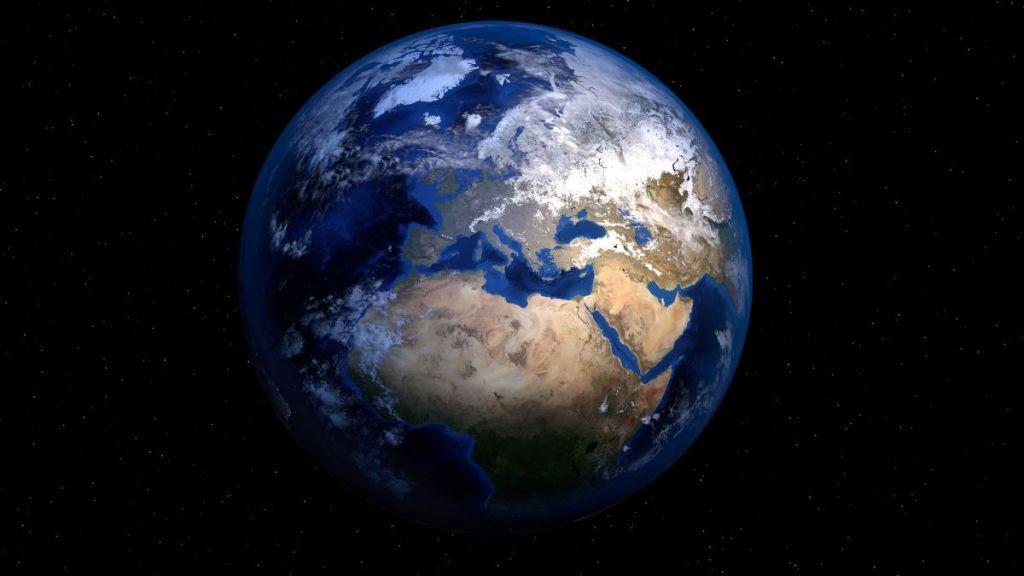
Earth Expected to Spin Faster on 3 Days in July and August
In a fascinating phenomenon, Earth’s rotation is expected to speed up in July and August this year, resulting in shorter days. According to a recent report, three specific days are predicted to be the shortest, with the length of a day dropping by a few milliseconds.
The report, published by Moneycontrol, highlights that July 9, July 22, and August 5 are the predicted dates when the Earth’s rotation will be at its fastest. On these days, the length of a day might drop by 1.30, 1.38, or 1.51 milliseconds, one after the other.
The phenomenon is attributed to the Earth’s slightly irregular rotation, which is influenced by various factors such as the planet’s slightly ellipsoidal shape, the distribution of mass within the Earth, and the gravitational pull of other celestial bodies.
The report states that the Earth’s rotation is not constant and can vary slightly due to the planet’s equatorial bulge, which is caused by the centrifugal force generated by the rotation. This bulge results in a slightly shorter day at the equator compared to the poles.
The prediction is based on the Earth’s rotation rate, which is measured by scientists using various methods such as GPS and atomic clocks. These measurements are used to calculate the length of a day, which is known as the sidereal day.
A sidereal day is the time it takes the Earth to rotate once on its axis relative to the fixed stars. This is slightly shorter than the 24-hour day we experience, which is known as the solar day. The solar day is the time it takes the Earth to rotate once on its axis relative to the Sun.
The 1.30, 1.38, and 1.51 millisecond drops in the length of a day may seem insignificant, but they are a significant departure from the Earth’s average rotation rate. The report suggests that these variations are a natural part of the Earth’s rotation and are not cause for concern.
The predicted shortening of days is not a new phenomenon and has been observed before. However, the exact dates and magnitude of the variation can vary from year to year due to the Earth’s slightly irregular rotation.
In conclusion, the prediction of a faster Earth rotation in July and August is an interesting phenomenon that highlights the complexity and variability of our planet’s rotation. While the shortening of days may seem minor, it is a significant departure from the Earth’s average rotation rate and is a reminder of the dynamic nature of our planet.






